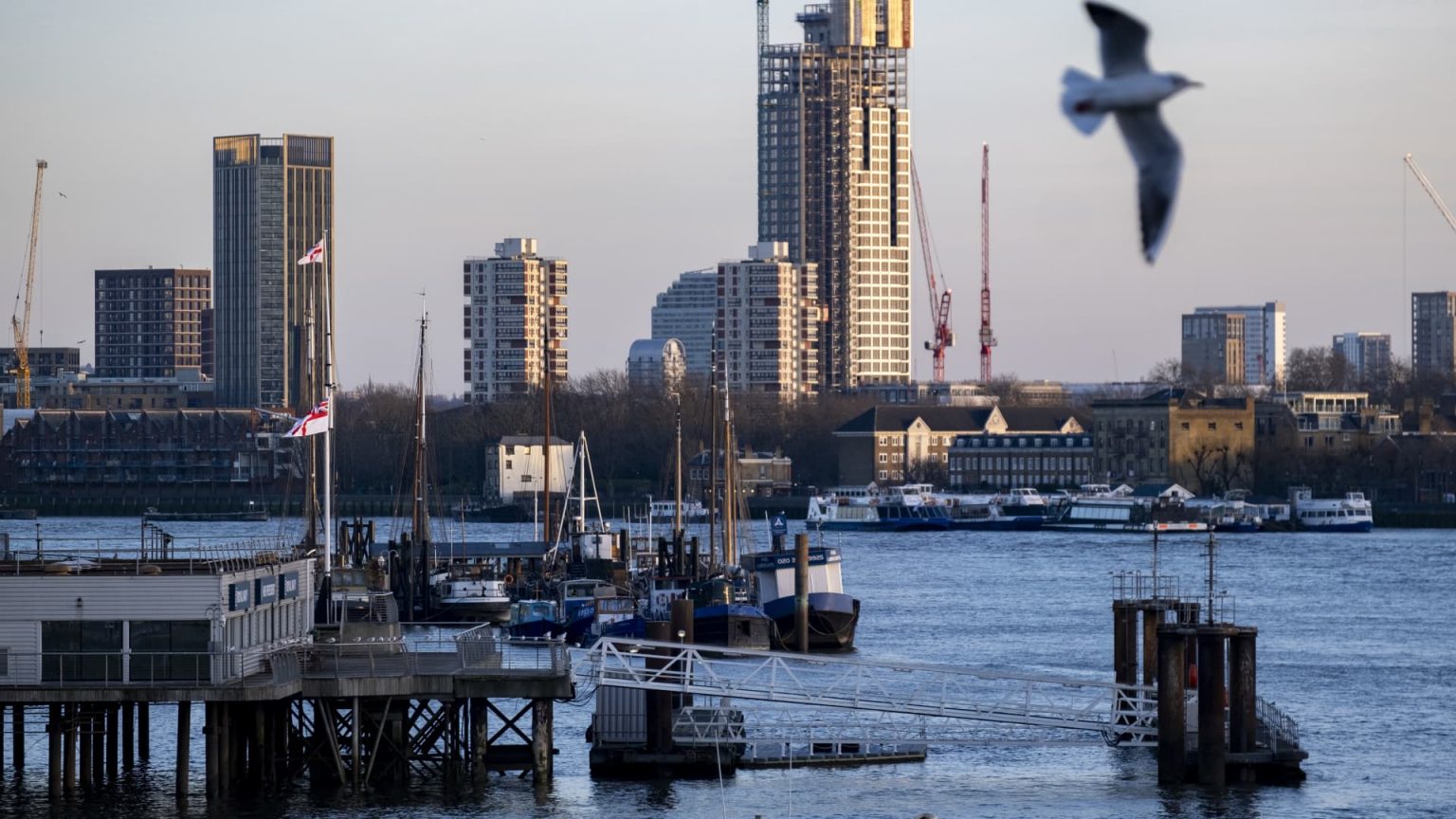The UK’s economic growth stagnated in April, coming to a halt just weeks before a national election. Economists had anticipated this slowdown after a 0.4% expansion in March. However, over a three-month period leading up to April, the country saw a 0.7% increase in gross domestic product. The construction sector declined by 1.4% for the third consecutive month, while production output also dropped by 0.9%. On the bright side, the dominant services sector experienced growth of 0.2%.
Analysts attribute the April slowdown to unfavorable weather conditions, which deterred consumers from spending. While the weather has since improved, economists are concerned about the slow start to the second quarter and the need for significant catch-up to match the 0.6% growth seen in the first quarter. This decrease in economic growth has led to speculation about the Bank of England’s next steps in monetary policy. While there were initially expectations of interest rate cuts in June, market forecasts now predict a delay until August or September.
The unexpected rise in unemployment to a two-and-a-half-year high, along with wage growth reaching 6%, presents a mixed economic picture for policymakers. The value of goods imports in April increased by 8.2%, while exports remained flat. These economic figures could impact the upcoming general election, with the economic records of both the Conservative Party and Labour Party becoming focal points of the campaign. Prime Minister Rishi Sunak has emphasized the recent decline in UK inflation in his speeches, but challenges faced by exporters post-Brexit and due to various global events continue to persist.
George Roberts, head of dealing at Ebury, highlights the struggle faced by UK exporters despite government efforts to secure non-EU trade deals. The current economic challenges due to Brexit, the COVID-19 pandemic, and the Ukraine war have posed obstacles for exporters, despite government initiatives such as the Comprehensive and Progressive Agreement for Trans-Pacific Partnership. Labour’s economy spokeswoman, Rachel Reeves, criticized the government’s economic performance in light of the recent stagnation in growth. The data underscores the need for policymakers to address the various economic challenges facing the UK in the post-Brexit era.













